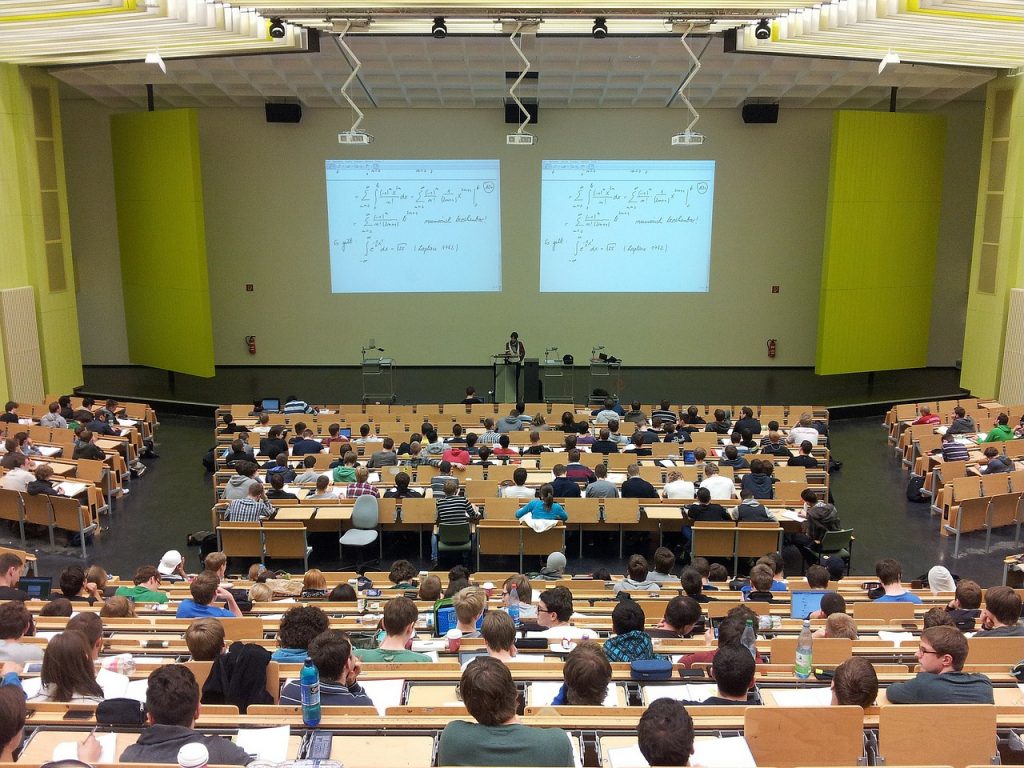Homeschooling is a progressive movement in which the parents choose to educate their children at home instead of sending them to a traditional classroom. It is another type of education that is available for children who wish to learn without the need to go away from their family.
Most of the time, children with special needs undergo homeschooling because they learn differently from their peers, and homeschooling offers special accommodation that traditional schools cannot give. Despite the benefits that come with this form of education, others have always had reservations towards the idea due to a variety of reasons.
Financial Limitations
Homeschooling can be expensive to some, especially when one of the parents need to stay at home and thus resulting in a limited income of the family. To be able to provide high-quality education, buying learning materials is an essential cost. School supplies and textbooks following the latest curriculum are just some of them.
As the child grows, these expenses also increase since taking advanced lessons becomes necessary for the child. Examples include the use of physical education equipment and computers with up-to-date hardware and software.
Another added expense comes from extracurricular experiences. Examples of these include sports training, music instrument instruction, and art classes.
The typical range of costs is as follows:
- Curriculum: $600–$900
- Extracurricular activities: $400–$600
- School supplies or equipment: around $150
- Miscellaneous expenses (field trips, annual tests, and memberships): about $800
Time Constraint
Homeschooling is a tedious task especially for children with special needs. The average time that families devote for personally teaching their child ranges from four to six hours, excluding the time for the construction of a tailor-fitted lesson plan. Moreover, parents need to be hands-on when teaching, which makes it harder every time the child misbehaves or learns slowly.

Source: pixabay.com
Qualification of Parents
In a traditional school, some teachers handle a specific area. Teachers undergo training in different ways to transfer their knowledge to others. This difference in experience makes the parents not as qualified as teachers since parents will often become limited to the resources available to them while trained teachers tend to go beyond.
On the other hand, it is a different case with special education children. They require field-specific instructions by specially trained professionals. Without the right communication skills, they might not achieve their highest potential. Hence, this becomes an obstacle in the further development of the child’s knowledge.
Lack Of College Preparation
First, independence is one of the skills that homeschooling cannot hone. Most children who have never set foot on a campus with other students tend to be culture-shocked once their parents send them in a college dormitory. It might give a home-schooled child a hard time adjusting, which further leads to lower grades.
Aside from independence, some students also lose their note-taking skills. Without taking down notes, the students may quickly forget the lessons that are being taught by the professor. Failure to develop this skill at an early age may prove difficult for the student.
Finally, experiencing group work is one skill they would not learn. It is a must to learn how to interact with different kinds of people. They need to become open-minded to accept different views and opinions.

Source: pixabay.com
A Controlled Environment
Homeschooling constricts students in a very controlled environment. It detaches them from the realities of life, but exposure to these realities is helpful in the future. Some of these are competition, failure, or the perspectives of other people in which they do not believe. Exposing them to the truths of life trains them to cope with possible difficulties at an early age and learn from them. Meanwhile, others say that these controlled environments are safe because they shelter them from peer pressure, bullying, and bad company. However, exposure to these at an early age will help them learn how to deal with those concerns in the future.
Prone To Criticism
Some people often look down on homeschooling usually due to the lack of accreditation and qualifications earned from it. Some people judge those in such positions. They believe that they are incompetent or underqualified. Should this be a sticking concern for you and your child, there are several memberships in which you can apply. Your child can also take annual tests to verify their progress.

Source: pixabay.com
Homeschooling has its disadvantages, but it does not mean that it is no longer useful and conducive to education. Learning these disadvantages can help some parents in deciding whether it is the best option or not, primarily for those children with special needs. Knowing the obstacles also affords time for the family to think of possible solutions to it beforehand, such as the several ways to manage expenses or proper time management. Homeschooling can be hard, but the impact that it can give is worth all the time and effort.
